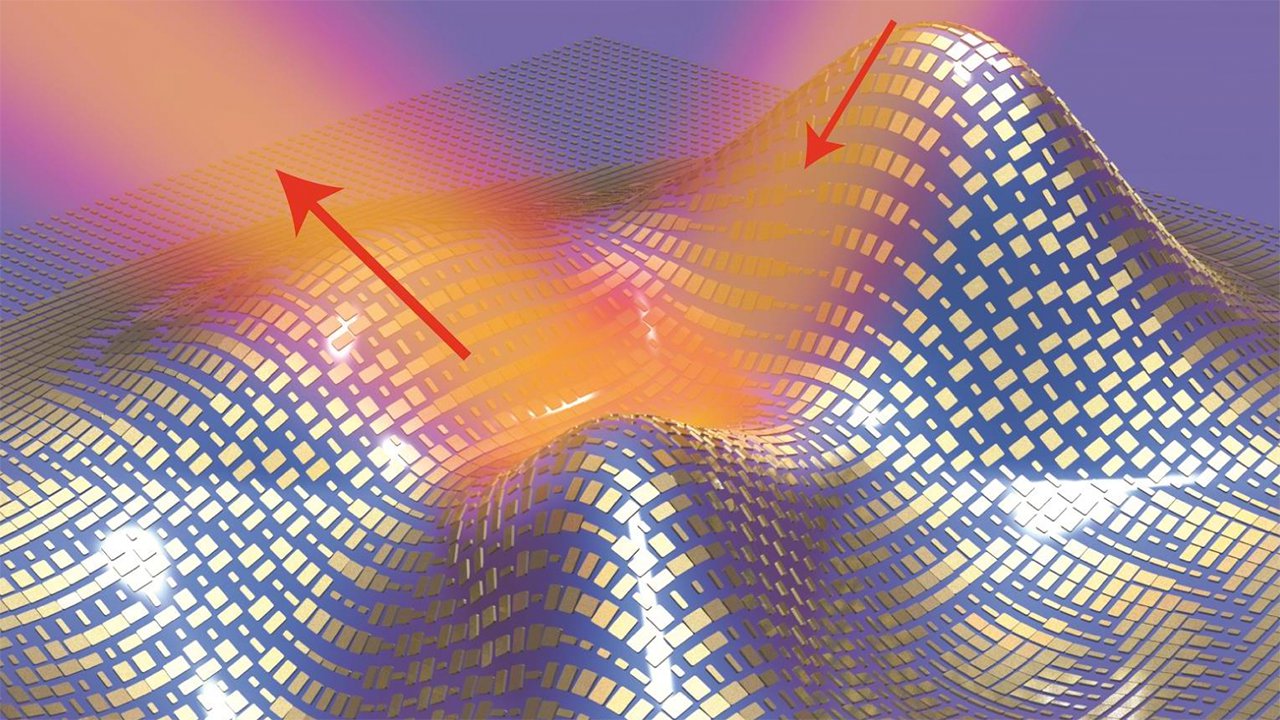Sorry, but true invisibility cloaks will probably never happen

I know you've been wanting an invisibility cloak for years, but I've got some bad news for you. A team of physicists has said that a true invisibility cloak is essentially an impossibility.
That's not to say we can't hide things in certain circumstances. For years we've been publishing stories about how cloaking technology is progressing - it's almost as much of a tech site staple as a good old fashioned Apple rumor.
But there's a problem - and it's Einstein's fault. Well, sort of. He noticed that when two people are moving at different speeds, their perceptions of time and space are different to each other. He called it relativity, and it's a cornerstone of modern physics.
Visible Distortions
Unfortunately it means that if your invisibility cloak is hiding you from one observer, then another that's moving with respect to the first would be able to detect you. They'd see visible distortions due to motion.
"In principle, what this paper shows is that invisibility cloaking is not possible for all observers," Jad Halimeh, first author on the paper describing the discovery, told Phys.org.
"Real invisibility cloaks will have to stay in the realm of fiction. Your cloak, if it is to be pragmatically broadband, will pretty much look like that of Predator, giving away what it hides via distortions when you move relative to it."
'Disappointing for would-be wizards'
"Although our results may be disappointing for would-be wizards, understanding the limitations of cloaking devices is actually important in real life," said Robert Thompson, who also worked on the paper.
Sign up for breaking news, reviews, opinion, top tech deals, and more.
"New technologies are beginning to emerge from cloaking research, and we're looking for effects that could either compromise the functionality of these technologies, or which could be exploited for some new practical purpose in the future."
